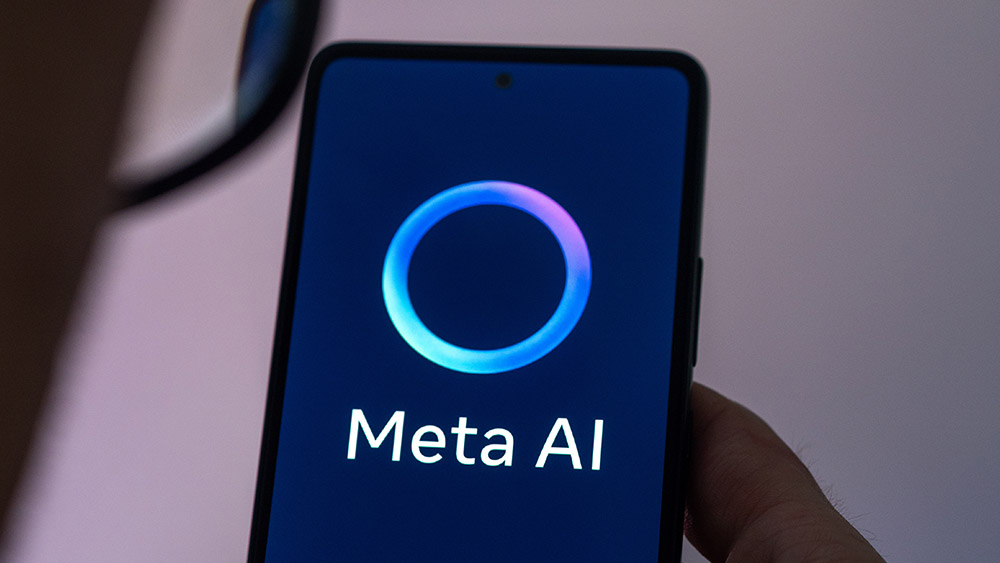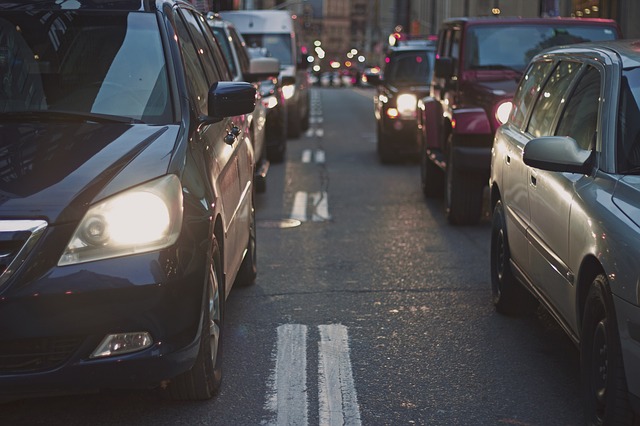New research explains how artificial light at night is programming your body for heart disease
11/03/2025 / By Lance D Johnson

We live in a world that never sleeps, bathed in the perpetual glow of screens and street lights. But what is this constant illumination secretly doing to our hearts? While we are told to watch our diets and exercise, a more insidious threat to our cardiovascular health is beaming into us every single night. A groundbreaking new study is now connecting the dots, revealing a direct biological pathway from artificial light to increased stress in our brains, inflammation in our arteries, and a significantly higher risk of heart disease.
Key points:
- A first-of-its-kind study links higher levels of artificial light at night to increased brain stress activity, arterial inflammation, and a higher risk of major cardiac events.
- The relationship is nearly linear: The more nighttime light exposure, the higher the risk, with every increase in exposure raising the risk of heart disease development by up to 35 percent over five years.
- The mechanism involves the brain perceiving light as a stressor, which triggers an immune response that inflames blood vessels, contributing to hardened arteries over time.
- This light pollution acts as a primary disruptor of our natural circadian rhythms, the body’s essential 24-hour internal clock that regulates sleep, hormone release, and metabolism.
- Personal and societal interventions, such as darkening bedrooms, reducing screen time before bed, and implementing smarter city lighting, are proposed as vital countermeasures.
The science of night and day in your body
Our bodies are not designed for a 24/7 world. They operate on a ancient, finely tuned schedule known as the circadian rhythm. This is your body’s internal master clock, a natural 24-hour process that responds primarily to light levels in your environment. It regulates everything from the sleep-wake cycle and hormone secretion to digestion and body temperature. The entire system is synchronized by light detected by the retina, which sends signals to a special region of the brain called the suprachiasmatic nucleus. Inside these neurons and throughout the body, special genes and proteins turn on and off in a precise rhythm, creating the harmonious cadence of life. When this rhythm is in sync, the body hums with efficiency. But when artificial light invades the night, it sends a false signal of daytime, throwing this delicate orchestra into disarray. The brain becomes confused, the hormonal signals get crossed, and the body’s essential processes begin to break down.
The new study, presented at the American Heart Association’s Scientific Sessions, used sophisticated PET/CT imaging to look inside the bodies of 450 adults. Researchers measured brain stress activity and arterial inflammation, then cross-referenced this data with satellite images showing the amount of artificial light at each participant’s home. The findings were stark.
“We found a nearly linear relationship between nighttime light and heart disease: the more night-light exposure, the higher the risk,” said the study’s senior author, Dr. Shady Abohashem of Massachusetts General Hospital. He explains the dangerous cascade: “When the brain perceives stress, it activates signals that can trigger an immune response and inflame the blood vessels.
Over time, this process can contribute to hardening of the arteries and increase the risk of heart attack and stroke.” This is not a minor correlation; the data showed that even modest increases in nighttime light were linked with higher brain and artery stress, with the risks compounded for those living in areas with additional stressors like traffic noise.
Reclaiming your natural rhythm for heart health
Dr. Abohashem suggests that cities have a role to play by reducing unnecessary outdoor lighting, shielding streetlamps to direct light downward, and using motion-sensitive lights. But the most powerful changes happen within the walls of our own homes. The prescription is simple yet profound: we must reclaim the night. This means making bedrooms sanctuaries of darkness, using blackout curtains if necessary, and, most crucially, avoiding the blue light emitted from televisions, smartphones, and tablets before bed. This light is particularly effective at suppressing melatonin, the hormone that signals your body it is time to sleep, thereby delaying sleep onset and further mis-aligning your circadian clock.
This new research dovetails with a recent American Heart Association scientific statement that spotlights the critical “Role of Circadian Health in Cardiometabolic Health and Disease Risk.” The statement reinforces that aligning our daily behaviors with our internal clock is foundational to health. It is not just about how long you sleep, but when you sleep. Maintaining consistent sleep and wake times, even on weekends, helps synchronize your body’s internal clock. The timing of our meals also matters profoundly. Eating late at night conflicts with the liver and pancreas’s circadian clocks, which are winding down for the day, leading to blood sugar spikes and weight gain. Studies consistently show that eating earlier in the day, with a breakfast before 8:00 a.m., is associated with a lower risk of type 2 diabetes. Even the timing of exercise can be used as a tool, with morning or afternoon workouts helping to advance and reinforce healthy circadian rhythms.
Everyone has an internal clock, and it is time we started honoring it. This is not a call to abandon modern life, but to practice conscious defense. It is about making intentional choices to dim the lights, to put down the screens, to eat when the sun is up, and to sleep when it is dark.
Sources include:
Submit a correction >>
Tagged Under:
arterial health, artificial light, brain stress, cardiovascular health, circadian disruption, circadian rhythm, discoveries, future tech, health science, heart disease, hormone regulation, inflammation, inventions, metabolic health, real investigations, research, sleep disruption, sleep health
This article may contain statements that reflect the opinion of the author
RECENT NEWS & ARTICLES
COPYRIGHT © 2017 INVENTIONS NEWS



















